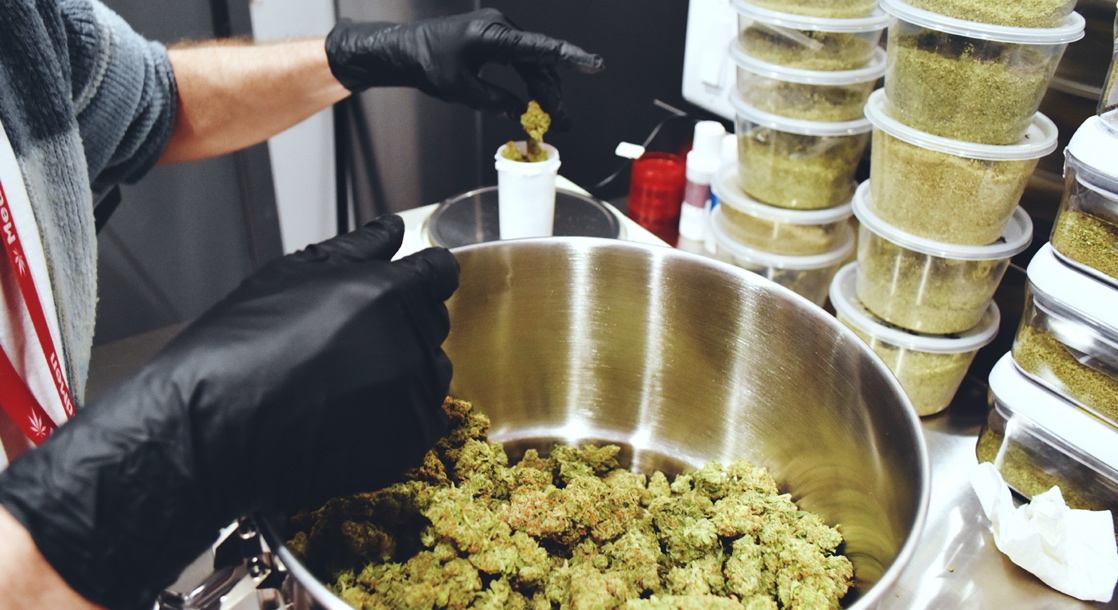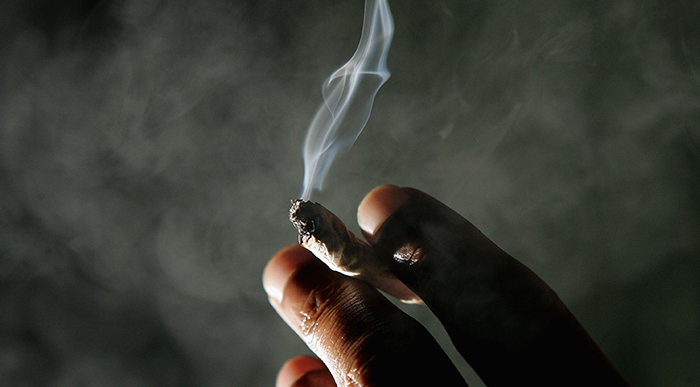According to USA Today, the newest study to make controversial claims about cannabis was published this week in JAMA Psychiatry, and says that people living in states with legalized medical marijuana are more likely to use, and abuse, cannabis.
Researchers used face-to-face interviews and looked at data from 2001-2013 to conclude that states with medical marijuana legislation are home to more cannabis use, and thusly, more cannabis addicts.
“If you increase the prevalence of users, you are going to increase the prevalence of people who have adverse consequences,” the study’s lead author Deborah Hasin, a professor of epidemiology at Columbia University’s Mailman School of Public Health said.
For cannabis advocates though, the study isn’t as convincing as Hasin and her colleagues might hope.
“This researcher seems to be intent on showing some increase in marijuana use disorders, and yet every other researcher has come up with the exact opposite conclusion,” Mason Tvert of the pro-legalization Marijuana Policy Project, told USA Today. “This research is contradicted by years of data and every other study that’s been done on this subject.”
With so much new information about cannabis flooding our news feeds, it’s hard to know who to believe and what to trust, but as with any research, it’s always a good idea to see where the funding comes from. In this instance, Hasin’s study was backed by the National Institute on Drug Abuse and the National Institute on Alcohol Abuse and Alcoholism, groups funded by our prohibition-happy federal government.
Because people in America, and particularly states with some form of cannabis legalization, may have more relaxed views about cannabis than they did during the days of total prohibition, it’s possible that the study shows a higher level of comfort admitting to use, instead of the assumed increase in use.
Hasin, on the other hand, stands behind her conclusion, and told reporters that the study should prompt legislators to reconsider their opinions on cannabis legalization, with an eye towards potential detrimental effects.
As the research and study of cannabis becomes more open and prevalent, it’s important to look deeper than the surface level to determine the true motives, and accuracy, of those trying to influence popular opinion.











